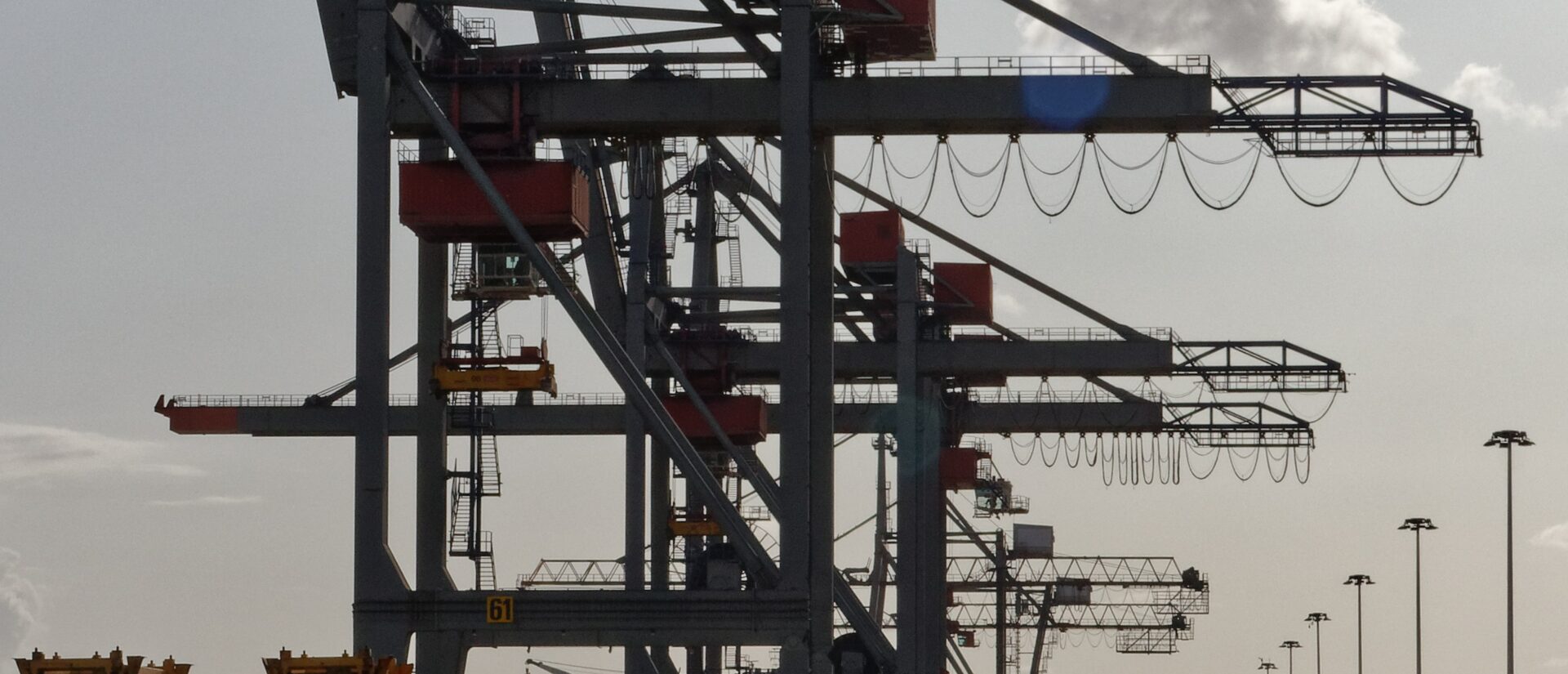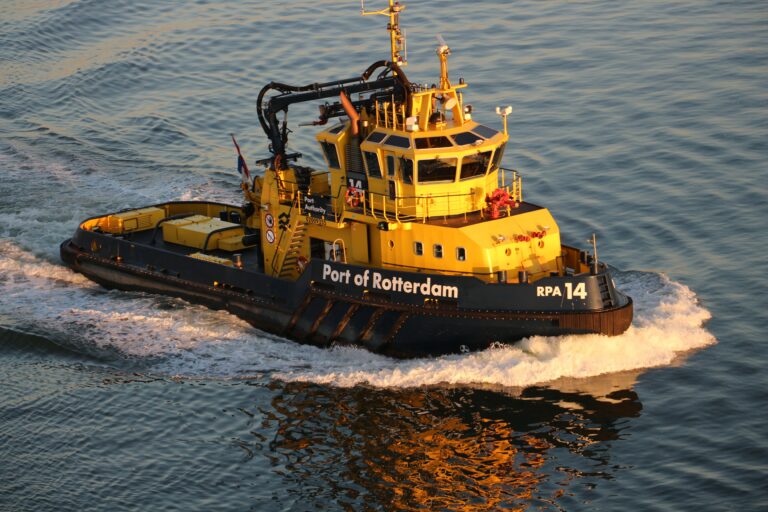
The far-reaching tentacles of the Port of Rotterdam


In this paper, SOMO examines the international strategy of the Port of Rotterdam (PoR) in relation to PoR’s climate policy. Its international strategy shows that the Port of Rotterdam values international projects: these offer opportunities to strengthen Rotterdam’s competitive position. In addition, these projects provide new revenue models that can be used to compensate for loss of income that results from making the port in Rotterdam CO2-neutral.
The port of Rotterdam is currently responsible for 20% of Dutch energy consumption. PoR knows that this must be done differently and has presented a step-by-step plan to become a “sustainable and CO2-neutral” port by 2050. At the same time, the PoR is involved elsewhere in the development of fossil-fuel-intensive port and industrial clusters. These port complexes offer economic opportunities, but entail far-reaching ecological and social risks.
As sole shareholders, the municipality of Rotterdam and the Dutch government can influence the direction of PoR. The Rotterdam City Council will soon be deciding on an update of the 2014–2018 Related Parties Policy Framework, in which the municipality formulates its policy for companies in which it has an interest.
The public interest must be given a broader definition and must also include issues of sustainability and social justice. In order to prevent the door being opened to undesirable developments for the local population and for the climate, these criteria should apply to hard as well as soft infrastructure, such as advisory services and knowledge exchange.
NB See for additional attachments the Dutch website
Do you need more information?
-

Ilona Hartlief
Researcher
Publication


Related content
-

-
Social justice at bay Published on:Christa Nooy (Both ENDS)Posted in category:PublicationChrista Nooy (Both ENDS)
-
 The Counter: strengthening the fight for climate justice around the worldPosted in category:Long read
The Counter: strengthening the fight for climate justice around the worldPosted in category:Long read Luis ScungioPublished on:
Luis ScungioPublished on:

